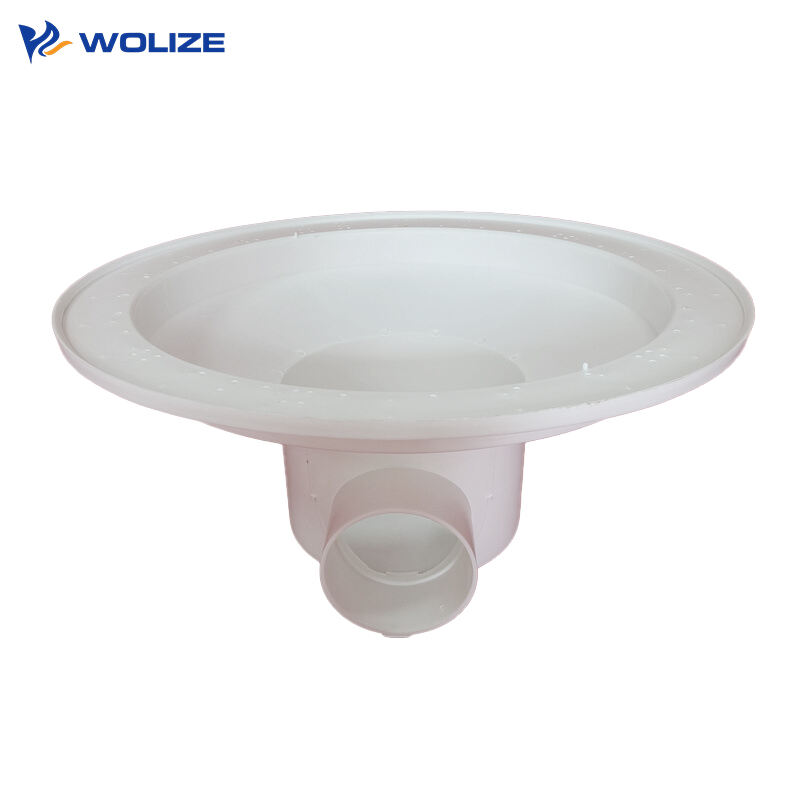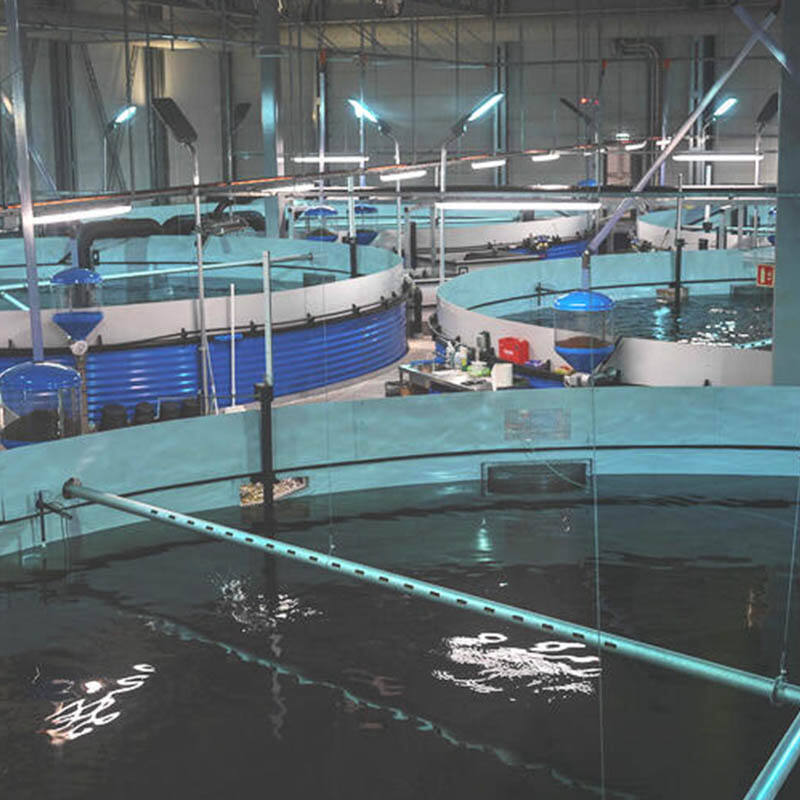 ×
×
Aquaponics is a method you can grow plants with fish and is a fun way to support plants grow large and robust. It’s like a school of fish in the garden! Let’s find out more about how fish can improve farming:
Farther away, there’s aquaculture. It’s a fancy word that means the farming of fish. So why have aquaculture in the first place? Clearly we should be growing food in a sustainable fashion. So when we use fish to assist us with growing our food, our plants can then absorb these nutrients and ultimately grow a lot better and a lot stronger! This helps ensure our land and water will remain safe for the future.
The addition of fish to the farming process can increase our food production. Fish produce excreta rich in nutrients that plants thrive on. This waste can be used by farmers as a fertilizer, which can make crops grow faster and more food to be produced. This means more fruits and veggies on our plates, thanks to our friends with fins!

The practice of fish farming (domestication of fish) is as ancient as time itself. That fish could boost crops resulted in bigger harvests, people learned. Over the course of time, fish farming improved. These days, we have better methods and devices for integrating fish into agriculture. This also helps us discover new ways to grow healthy food on Earth.

Have you heard of aquaponics? It’s a unique way of farming that combines fish and plants. An aquaponics system utilizes fish in order to feed plants with the nutrition in their waste. In exchange, the plants assist in cleaning the water for the fish. It’s a give and take, right? This mutual relationship is conducive for the growth of both the fish as well as the plants which creates a self sustainable ecosystem beneficial for both.

Farmers across the planet are shaking up farming with fish in new ways. One technique involves using fish to create fertilizers for crops. This minimizes the need for toxic chemicals, which makes farming better for the Earth. Another involves integrating fish farming with hydroponics, or growing plants without soil. Farmers use fish waste as nutrients, allowing them to cultivate more food in less space.
We are experts in design and manufacture of PVC steel pipe that supports fish ponds. PVC galvanized plates fish ponds. We can provide variety of options in the designs and equipment used in aquacultures systems.
We have certificates such as ISO9001, ISO22000 and COA. We have successfully sold our products to 47 countries and developed 22 large-scale, high-volume projects with more than 3000 cubic meters. Our aquaculture system has produced fish and shrimp in 112 countries and regions.
We able to offer you complete aquaculture programs that covers variety of aspects such as the design of program, equipment that definitely a configurations, budget planning and equipment installation. This will help you complete your aquaculture venture. The typical business not able to carry out this.
We have over 15 years production experience within aquaculture business and are one of top three enterprises within Chinese aquaculture sector. We have strategic partnerships with various renowned Chinese universities and definitely skilled team of system designers who are high-density and engineers who are able provide best quality products and services.